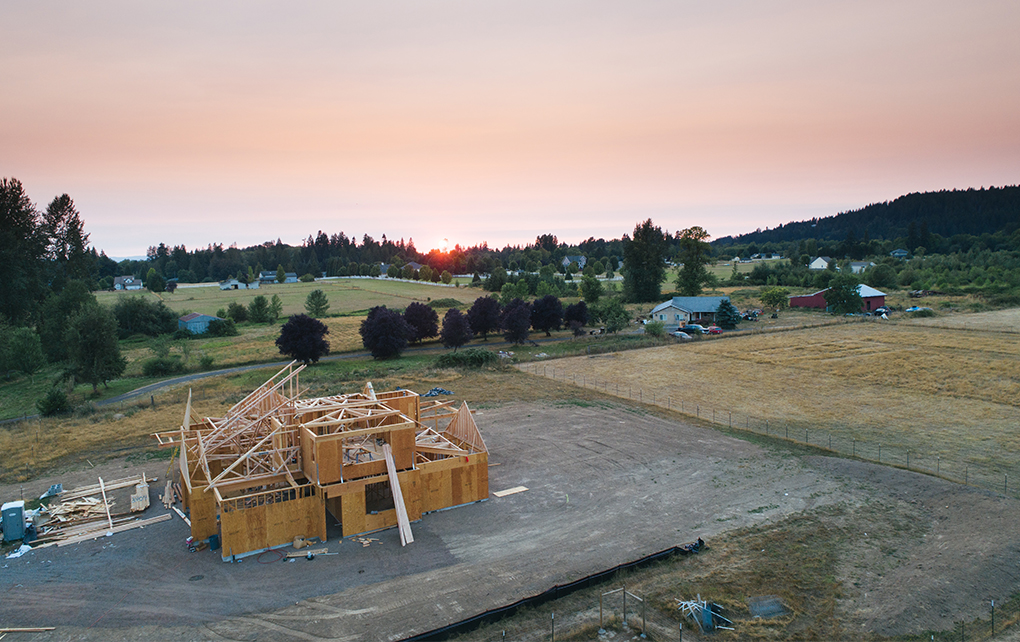The Master Plumbers Association (MPA) of New South Wales has criticised the City of Sydney, the City of Parramatta and other local government areas (LGAs) proposing a ban on implementing gas in new builds in the state.
“This move demonstrates a clear lack of consideration for its impact on essential services, such as heating, hot water supply, and the functionality of establishments like restaurants and larger buildings,” says the association, which represents licensed contracting plumbers from across NSW.
“The decision made by these councils appears to prioritise environmental concerns without taking practicality into account. While acknowledging the importance of sustainability, it is crucial to balance environmental responsibility and ensure the functionality and efficiency of our city’s infrastructure.”
The comments from the association come at a critical moment for the world’s environment, with time rapidly running out to limit global temperature rise below 2.0°C since pre-industrial times and thus curtail runaway climate change.
The southern hemisphere experienced its hottest month on record in April this year, with June the world’s hottest June on record since recordkeeping began in 1880. July 2023 was recently declared the world’s hottest month on record.
The Victorian government recently announced a ban on gas use in new residential builds, beginning January 1. The ACT government is aiming to complete its transition away from gas by 2045.
Yet MPA NSW CEO Nathaniel Smith has described the proposed ban as “ill-advised”.
“One cannot overlook the severe repercussions this ill-advised ban will impose on the design and functionality of new buildings,” he says. “Gas provides a cost-effective and reliable energy source for heating systems, essential for the comfort and wellbeing of residents living in these structures. By denying architects and engineers the flexibility to utilise gas infrastructure, these LGAs are limiting their ability to create liveable spaces suitable for the diverse needs of our community.”
Smith says the ban will impact a hospitality industry that is still recovering from COVID-19, and does not sufficiently weigh practical considerations.
“We implore this group of LGAs to consult with industry experts, engage in constructive dialogue, and consider the ramifications of this policy on the ratepayers they serve,” he says.
Meanwhile, the effects of climate change have been writ large, with wildfires of unprecedented extent burning out of control in parts of North America for most of the northern summer.
Photo by Avel Chuklanov on Unsplash
 Matt Dillon
Matt Dillon


Leave a Reply to Alistair Sproul Cancel reply